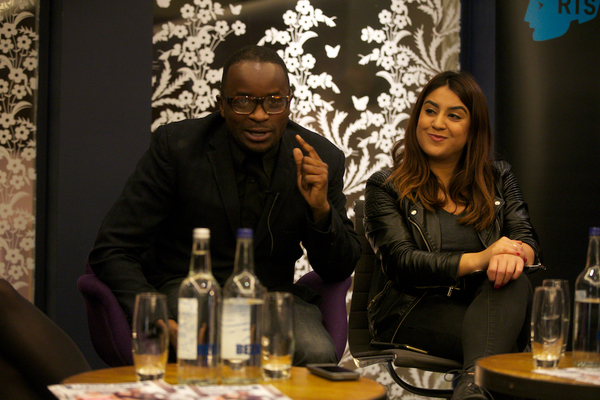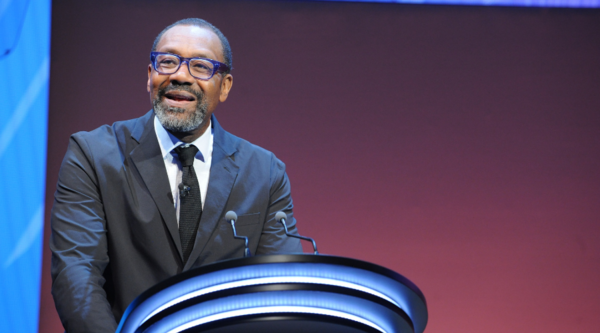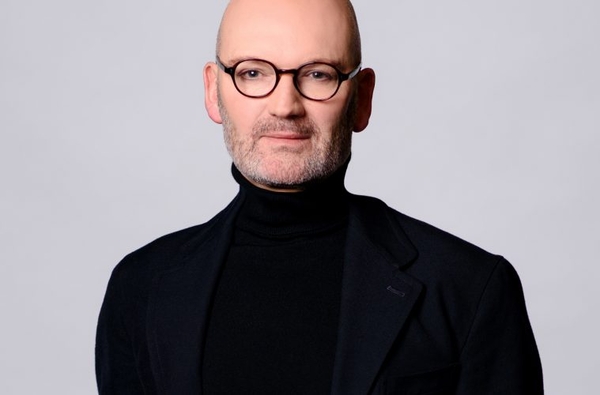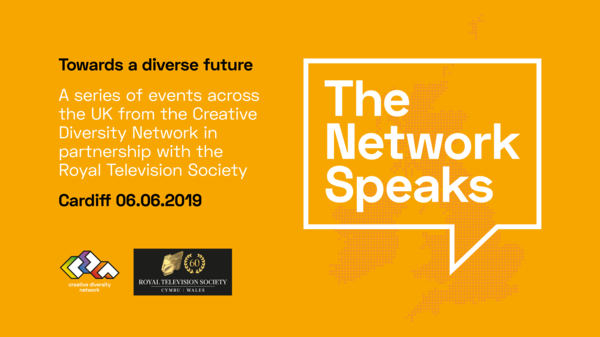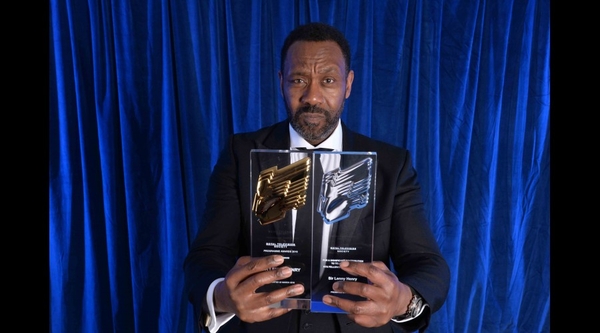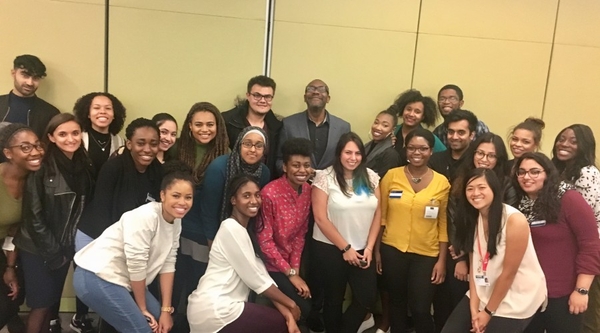Beyond Tokenism – Cardiff
Creative Diversity Network and RTS Wales are inviting the Welsh unscripted production community to take part in an in-depth conversation about diversity and representation on-screen.
Areas for consideration include casting diverse contributors (with a particular focus on disabled and BAME contributors), appropriate use of language and reflecting the whole of Wales.
This is an opportunity for everyone to share their own experiences and open up the discussion on the challenges and choices around representation.

